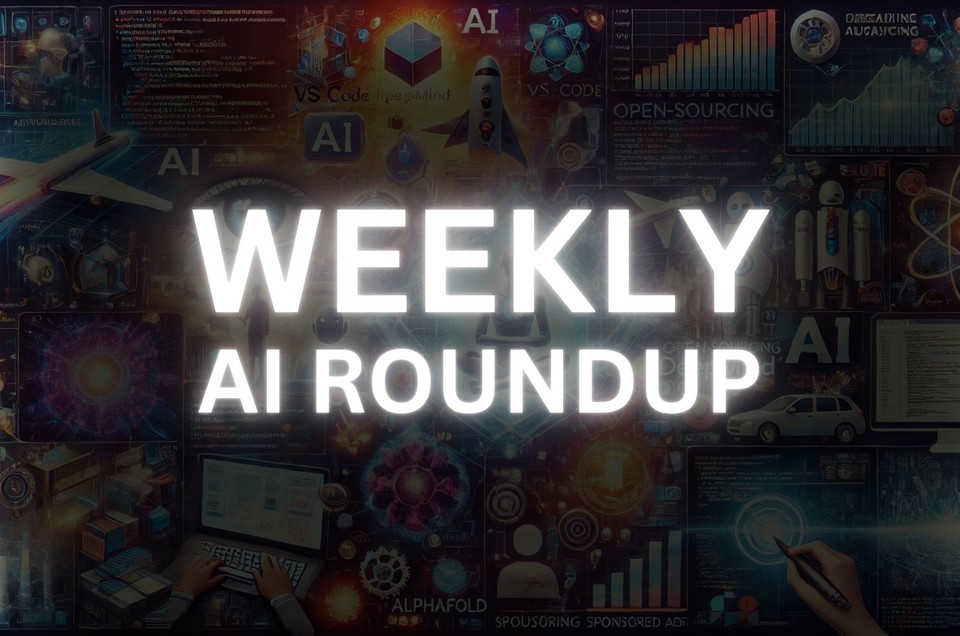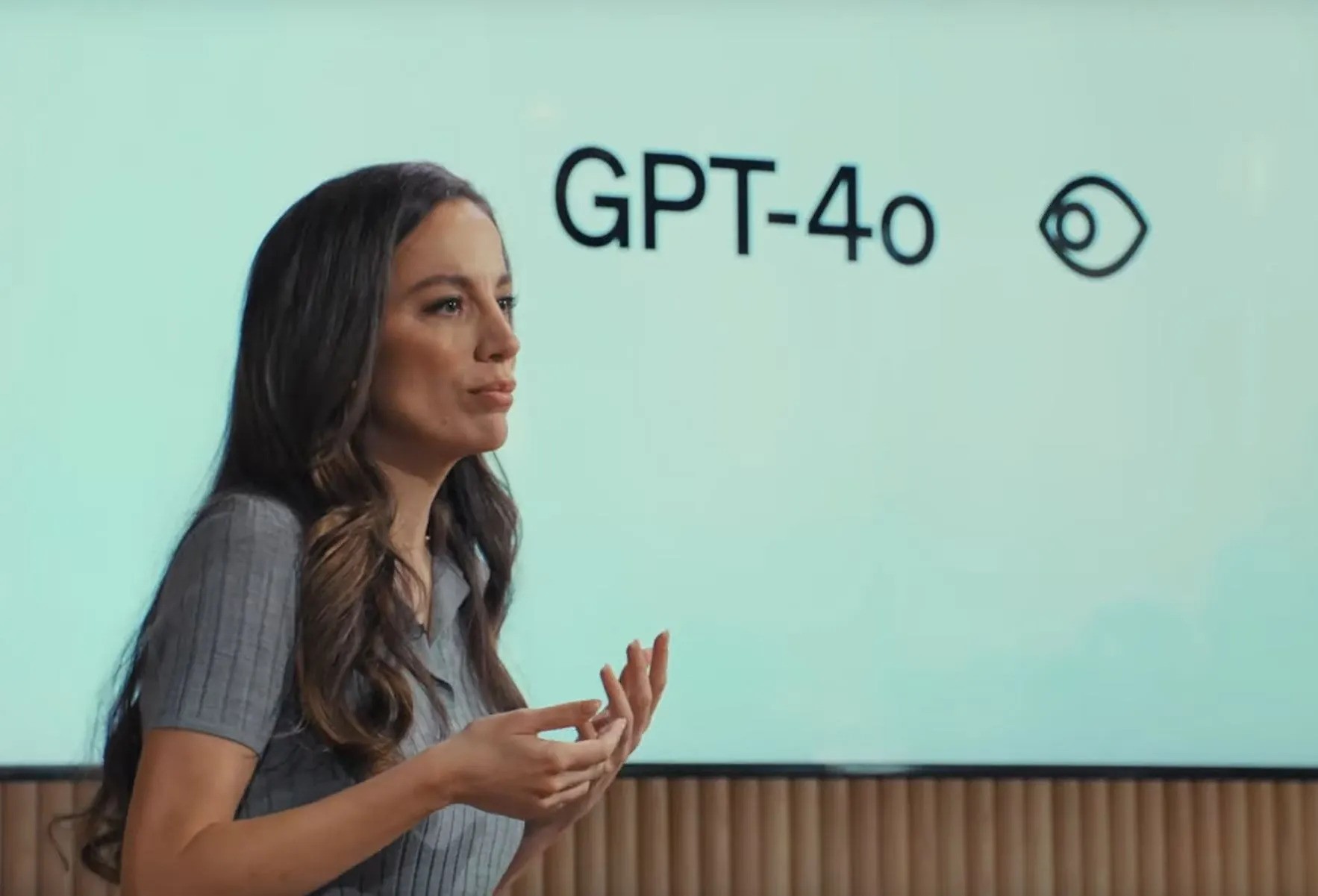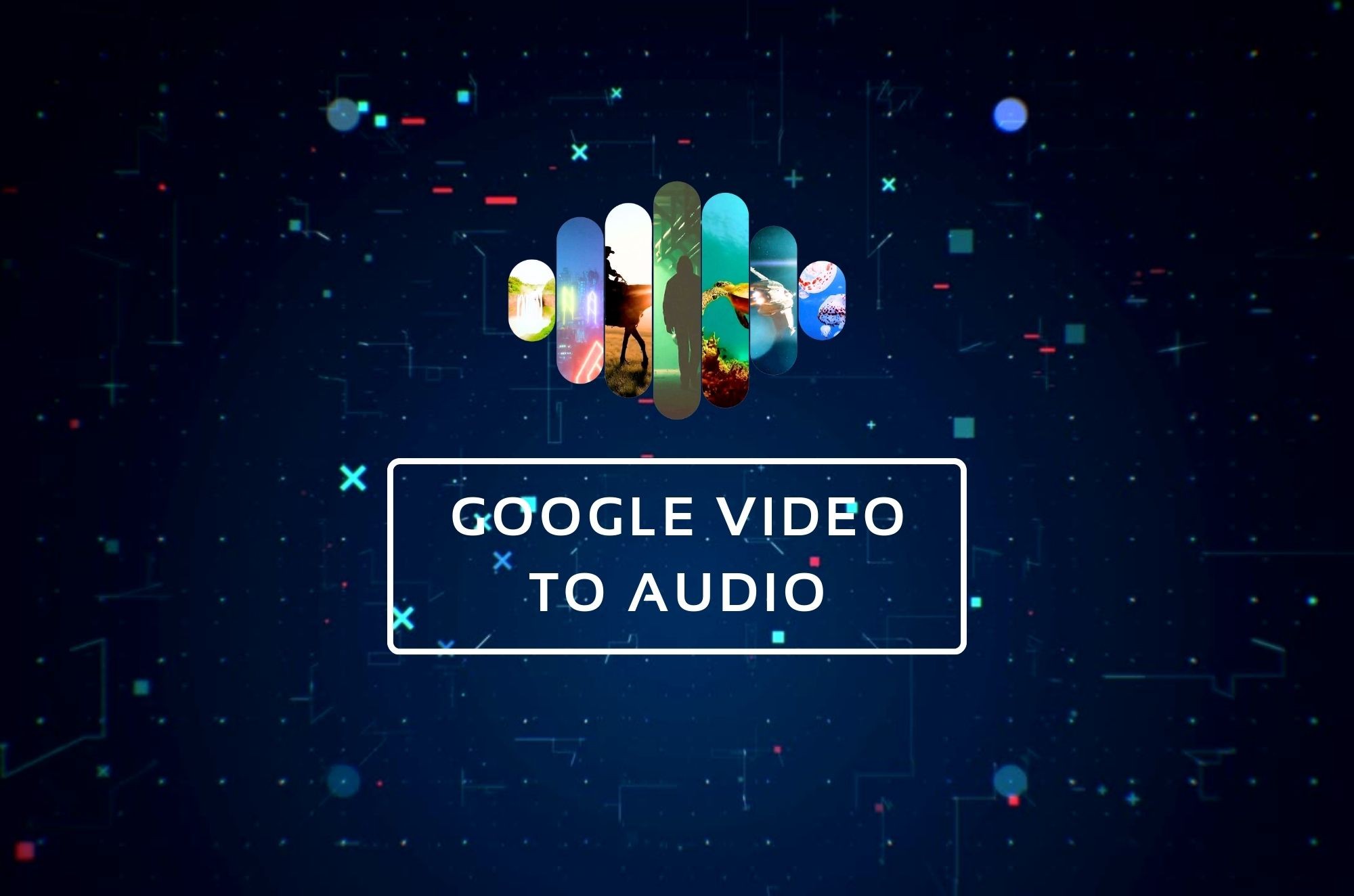Introduction
AI continues to evolve at a rapid pace, and this week was no exception. From groundbreaking updates to popular AI tools like ChatGPT, to major industry shifts involving government partnerships, here’s everything you need to know about the latest AI news and trends.

ChatGPT Gains Coding Superpowers with App Integration
OpenAI's latest ChatGPT desktop update brings big news for developers: seamless integration with coding apps like VS Code, Xcode, and Terminal. This means you no longer need to copy and paste text every time you seek coding assistance. The desktop version of ChatGPT is also now available for Windows users, significantly broadening its accessibility.
ChatGPT 🤝 VS Code, Xcode, Terminal, iTerm2 ChatGPT for macOS can now work with apps on your desktop. In this early beta for Plus and Team users, you can let ChatGPT look at coding apps to provide better answers. pic.twitter.com/3wMCZfby2U
— OpenAI Developers (@OpenAIDevs) November 14, 2024
Why It Matters
This is an exciting step towards agentic AI, where models don't just generate text but actively assist in real workflows. The promise of an even more powerful tool, dubbed 'Operator,' expected in January, hints at a near future where AI doesn't just respond but also acts on your behalf. Imagine using an AI that can book flights, execute code, and autonomously complete multi-step tasks—this is precisely where we're headed.
By positioning ChatGPT as an active assistant, OpenAI is nudging towards what CEO Sam Altman refers to as the "next giant breakthrough." Operator will join a rapidly growing agent competition, vying against Anthropic's tools, Microsoft's Copilot, and Google's Jarvis, promising significant utility in the months to come.
Key Takeaway: AI is growing beyond conversation—it's becoming an active participant in our workflows. With the upcoming Operator, expect a major leap in how AI handles multi-tasking and automation.
Perplexity Tests Sponsored Ads - An End to Distraction-Free Searching?
Perplexity, a popular AI-driven search platform, is now experimenting with its first sponsored ads. The move comes as the startup aims to diversify revenue streams while continuing to provide AI-generated insights for its users. Checkout the post shared by one of the users on Twitter (X).
So perplexity too started running ads 🥲 pic.twitter.com/QKeRrsyRk0
— Pratyush Rai (@pratyush_r8) November 13, 2024
Why It Matters
With 50 million monthly visits, Perplexity has been one of the few ad-free spaces left online. The inclusion of "sponsored follow-up questions" suggests the platform may no longer be entirely distraction-free, potentially influencing its user experience. Still, Perplexity appears confident that these sponsored suggestions won't significantly disrupt the experience.
Sponsored content on an AI-powered search platform could represent an ethical tightrope—balancing revenue generation without compromising the integrity of results or biasing the information delivered to users. It will be fascinating to see how their audience reacts, especially given the competition for ad-free, trust-driven platforms like Neeva.
Key Takeaway: This change reflects a broader trend where even the most beloved AI platforms are grappling with sustainability. User experience will be a critical battleground as ad-based revenue models become more prevalent.
OpenAI's 'Operator' Agent Is Coming in January
OpenAI is planning to launch their next major project, an AI agent called 'OpenAI Operator' will launch in January 2025. This agent will be capable of handling complex tasks like controlling a web browser, booking flights, or even writing and deploying code autonomously.
Why It Matters
Moving from smart chatbots to AI agents with autonomy is a transformative leap in artificial intelligence. Imagine an AI that not only give response to your questions but takes care of bookings, tasks, and chores. This marks a clear shift towards real-world utility, with agents that handle multi-step processes, reducing human oversight for tasks.
With giants like Anthropic, Microsoft, and Google in the game, each pushing towards similar goals, differentiation will be key. Whether it's the ease of API integration, autonomy levels, or reliability, Operator will need a distinctive edge to stand out among the flurry of AI agents.
Key Takeaway: Expect agents to reshape the way we interact with the digital world, moving towards automation with minimal human input. This is not just a technical competition but a usability and trust competition as well.
DeepMind Open Sources AlphaFold 3 - A Game Changer for Researchers
DeepMind has open-sourced AlphaFold 3, enabling researchers worldwide to access the code and training weights. The model, which had limited availability since May, can now predict interactions between proteins and other molecules, accelerating scientific breakthroughs.
.@GoogleDeepMind’s AI system AlphaFold can predict proteins’ 3D shapes—revolutionizing the field of biology, helping scientists solve society’s biggest challenges, and earning its co-creators @DemisHassabis and John Jumper a Nobel prize. Learn more here: https://t.co/sPT17lQ7dkpic.twitter.com/sd3WAtfGr3
— Google Public Policy (@googlepubpolicy) November 7, 2024
Why It Matters
Open-sourcing this Nobel Prize-winning technology puts cutting-edge AI in the hands of a far wider range of researchers, particularly those outside of well-funded institutions. This is particularly crucial for underfunded labs that could now leverage AlphaFold's capabilities without prohibitive costs.
With 200M protein structures already mapped, AlphaFold's open-sourcing is expected to dramatically boost innovation in medicine, drug discovery, and structural biology. However, commercial rights still belong to Isomorphic Labs, highlighting an interesting dynamic where public benefit and proprietary control coexist.
Key Takeaway: Open-sourcing AlphaFold 3 democratizes access to one of AI's most groundbreaking applications. It's an invitation for the academic community to accelerate discoveries in health and medicine at a scale never seen before.
Anthropic Expands Claude AI Into the Defense Sector
Anthropic has partnered with Palantir and AWS to integrate its Claude AI models into the U.S. defense and intelligence operations. This collaboration aims to leverage AI for data analysis, intelligence assessment, and document processing in highly secure environments.
Why It Matters
AI's presence in the defense sector is increasing rapidly. Claude AI's involvement with Palantir's IL6 platform, which manages classified operations, brings significant analytical power to defense. This move also comes amidst broader AI adoption by the likes of Meta and OpenAI for military purposes, reflecting a growing consensus that AI offers an irreplaceable advantage in security contexts.
Historically, AI firms have been hesitant to work closely with military and government entities, given the ethical considerations. This shift signifies a pivotal change, where top AI companies are now actively participating, recognizing the inevitable role of AI in national security. However, this could also spark debates around the ethical use of AI in military operations and potential overreach.
Key Takeaway: The involvement of AI in military applications is growing—raising opportunities for rapid intelligence analysis while also sparking significant ethical questions. As these partnerships expand, public scrutiny over AI's ethical implications in defense will intensify.
The Bigger Picture - Where AI is Heading Next
As we wrap up this week's roundup, it's clear that AI is not just evolving; it's actively reshaping our everyday life and specialized industries alike. Whether it's OpenAI pushing the boundaries of agentic AI with Operator, or DeepMind leveling the playing field in academic research, we are witnessing a shift towards more powerful, autonomous, and widely accessible tools.
The advent of agentic AI like Operator signals a move from conversational models to do-it-all systems that can take meaningful actions. Meanwhile, AI-powered platforms like Perplexity are balancing the demands of monetization against their ad-free origins, showing that even beloved tools must adapt to stay sustainable.
We're excited to keep tracking these developments and their implications across industries. Stay tuned, as the AI landscape is only going to get more thrilling from here.



